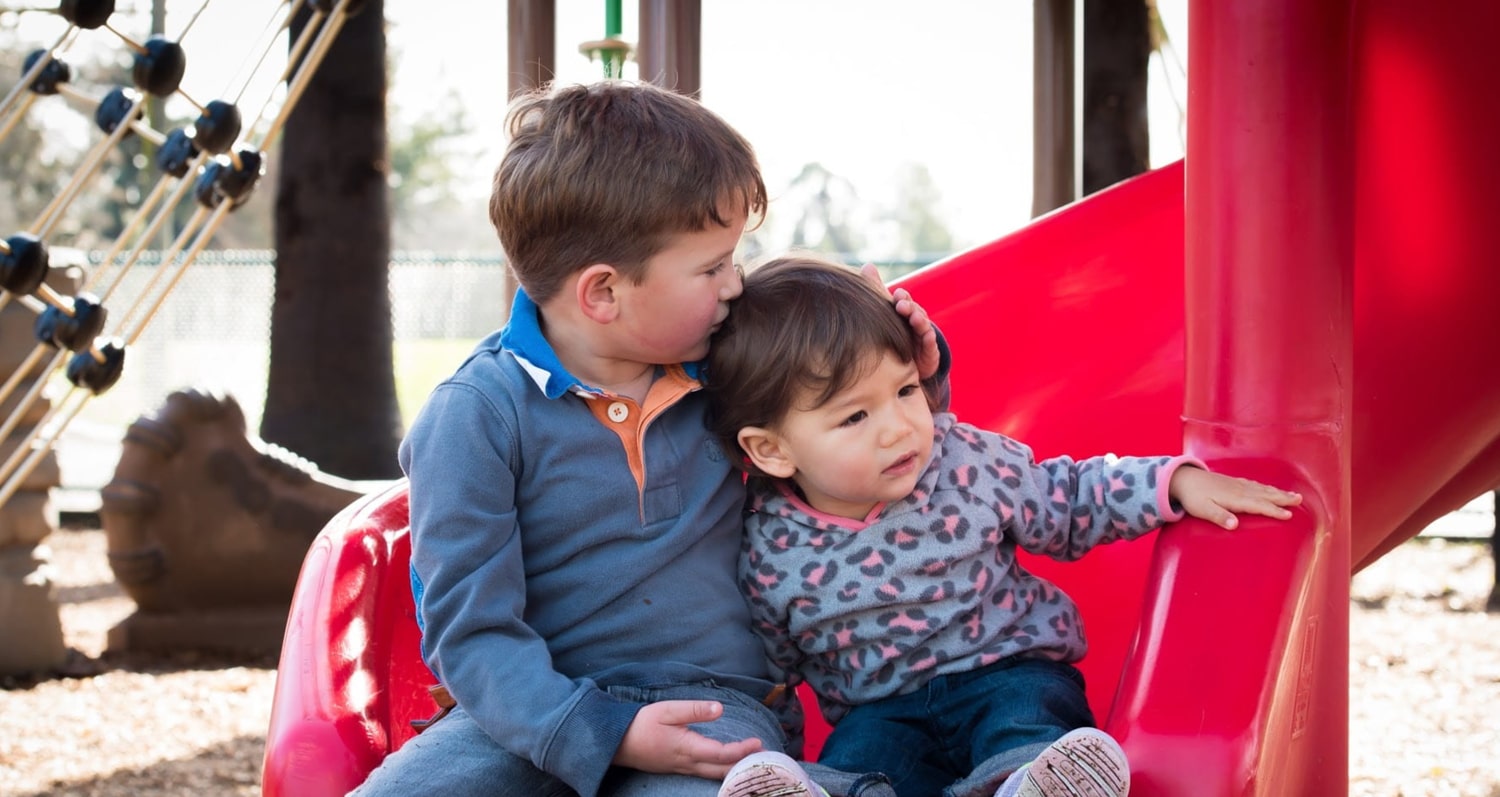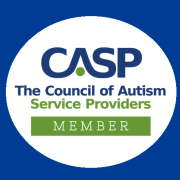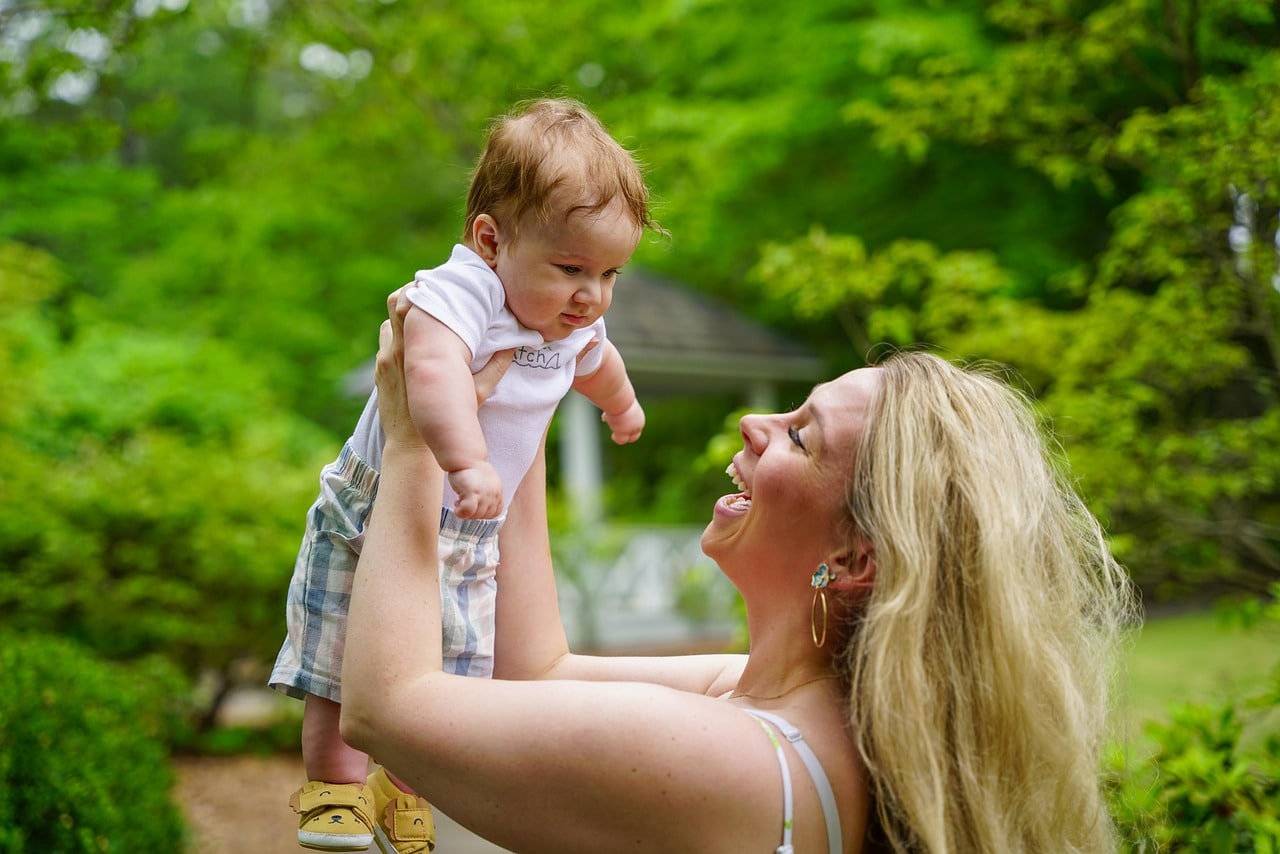Can Autism Skip a Generation? Understanding Genetics and Environmental Factors
Does autism skip a generation? This question – and similar ones like, “Does autism run in families?” and “Which parent carries the gene for autism?” – implies that there is an easy-to-identify “autistic gene” we can test for. This is not at all the case: autism is a complex, polygenic condition. This means autism is influenced by multiple genes, rather than a single identifiable genetic mutation.
The exact cause of autism spectrum disorder (ASD) is not fully understood, but research suggests that it results from a combination of genetic and environmental factors that affect early brain development. Let’s take a look at the potential roles of both to gain more insight into, “Can autism skip a generation?”

Understanding Autism and Genetics
Is autism hereditary? Strong evidence shows that, yes, autism has a hereditary component. In fact, twin studies indicate that if one identical twin has autism, there is a high probability the other will too. (More on this later.)
Research indicates that genetics account for approximately 40–80% of the risk for developing ASD. More than 800 genes have been identified as being associated with autism, each contributing a small effect. It’s important to note, though, that these genes are not exclusive to autism – they may also be linked to other neurodevelopmental conditions.
In addition to individual genetic variations, certain rare genetic syndromes have a strong association with autism. Fragile X syndrome is the most common, occurring in approximately 1–3% of individuals on the autism spectrum. Rett syndrome, primarily affecting girls, often includes autism-like symptoms. Tuberous sclerosis complex (TSC) can lead to autism alongside other neurological symptoms.
Right now, there’s no single genetic test that can diagnose autism. Some doctors may recommend genetic testing, such as whole-exome sequencing or chromosomal microarray analysis, for individuals with autism, especially if there are other developmental concerns. These tests can sometimes identify genetic variations associated with autism, but they don’t provide a clear yes-or-no answer. Instead, they help pinpoint possible genetic contributors.
Many autistic individuals don’t have any identifiable genetic mutation, meaning a genetic test alone can’t confirm or rule out autism. Diagnosis still relies on behavioral assessments and developmental evaluations conducted by healthcare professionals.
Environmental Factors and Autism
While genetics play a big role in autism, researchers have also identified certain environmental factors that may contribute to the risk. For example, parental age – especially having children later in life – has been linked to a slightly increased likelihood of autism.
Additionally, prenatal exposures can play a role. If a pregnant person contracts certain infections, like rubella or the flu, or experiences an immune system response, it may slightly increase the chance of autism in their child. Exposure to certain medications and toxins during pregnancy, such as valproic acid (used to treat epilepsy) or thalidomide (a drug once prescribed for nausea but later found to cause birth defects), has also been associated with a higher risk.
Complications during birth, particularly those involving oxygen deprivation, have also been explored as possible contributing factors.
It’s important to note that while these factors may increase risk, they do not directly “cause” autism on their own – rather, they may interact with genetic predispositions in ways that researchers are still working to fully understand.
If a Parent Has Autism, Will Their Child Have It?
If a parent has autism, their child has a higher chance of being autistic, but it’s not guaranteed. Studies suggest that the hereditary risk of autism is as high as 80%. So, higher than in the general population, but the exact risk varies depending on the specific genetic factors involved. Said simply: autism can run in families.
However, autism can also appear in families without a clear genetic history, likely due to new (de novo) genetic mutations or other influences. Research indicates that de novo mutations account for 30-67% of all autism cases. The impact of de novo mutations varies depending on familial risk factors.
Of course, if these new genetic mutations are passed down, they could contribute to autism in later generations.

If a Sibling Has Autism, Will Another Sibling Have It?
If one sibling has autism, the chances of another sibling being autistic are higher than in the general population – but, again, there’s no guarantee. Studies show that the recurrence risk of autism among siblings is around 20%, meaning that if one child in a family has autism, there is a 1 in 5 chance that a sibling will also be diagnosed with autism. This risk is significantly higher than the 2.8% chance in the general population.
The likelihood increases if multiple children in the family already have autism, suggesting a stronger genetic influence. Additionally, if a sibling has a more severe form of autism, the chances of another sibling being autistic may also be higher. Identical twins have the highest likelihood of both being autistic, with a 60-90% concordance rate, while fraternal twins and non-twin siblings have a lower but still elevated risk.
If parents are concerned about sibling risk, early developmental monitoring and speaking with a pediatrician can help guide early intervention if needed.
Can Autism Skip a Generation?
Can a child have autism if the parents don’t? Yes, autism can skip a generation, though it depends on the specific genetic factors at play – autism doesn’t follow a strict generation. In some cases, it may just appear that autism has skipped a generation.
Someone may carry genetic variations associated with autism without showing noticeable autistic traits themselves. One family member may be formally diagnosed, while another may have mild characteristics of autism that don’t meet the full criteria for a diagnosis. Now that we have a better understanding of autism, some of these “high functioning” relatives might be diagnosed as having autism today.
What to Do If You Think Your Child Has Autism
If you believe your baby or child may have autism – based on genetics or observed behaviors – see your pediatrician or schedule an autism assessment with an organization like A Bridge to Achievement (ABtA). At ABtA, assessments can be scheduled within two to three weeks, depending on location and insurance – we accept Blue Cross Blue Shield (BCBS), MedCost, Medicaid, and Aetna.
Regardless of the origins of autism, we are here to support you. Our ABA therapy programs engage ages 2 to 21+ with a variety of fun and fulfilling programs:
- Building Bridges is a preschool alternative and Kindergarten readiness program for our youngest learners.
- BRIDGES, designed for ages 8+, is an excellent complement to homeschool.
- Social Skills Groups are for kids and teens who want to build their confidence in navigating various social situations.
- The Vocational Skills program helps teens identify prospective job opportunities and practice pre-employment skills.
We support caregivers, too – everything we do is in support of the autism community! Have questions? Connect with us. Support starts here.





